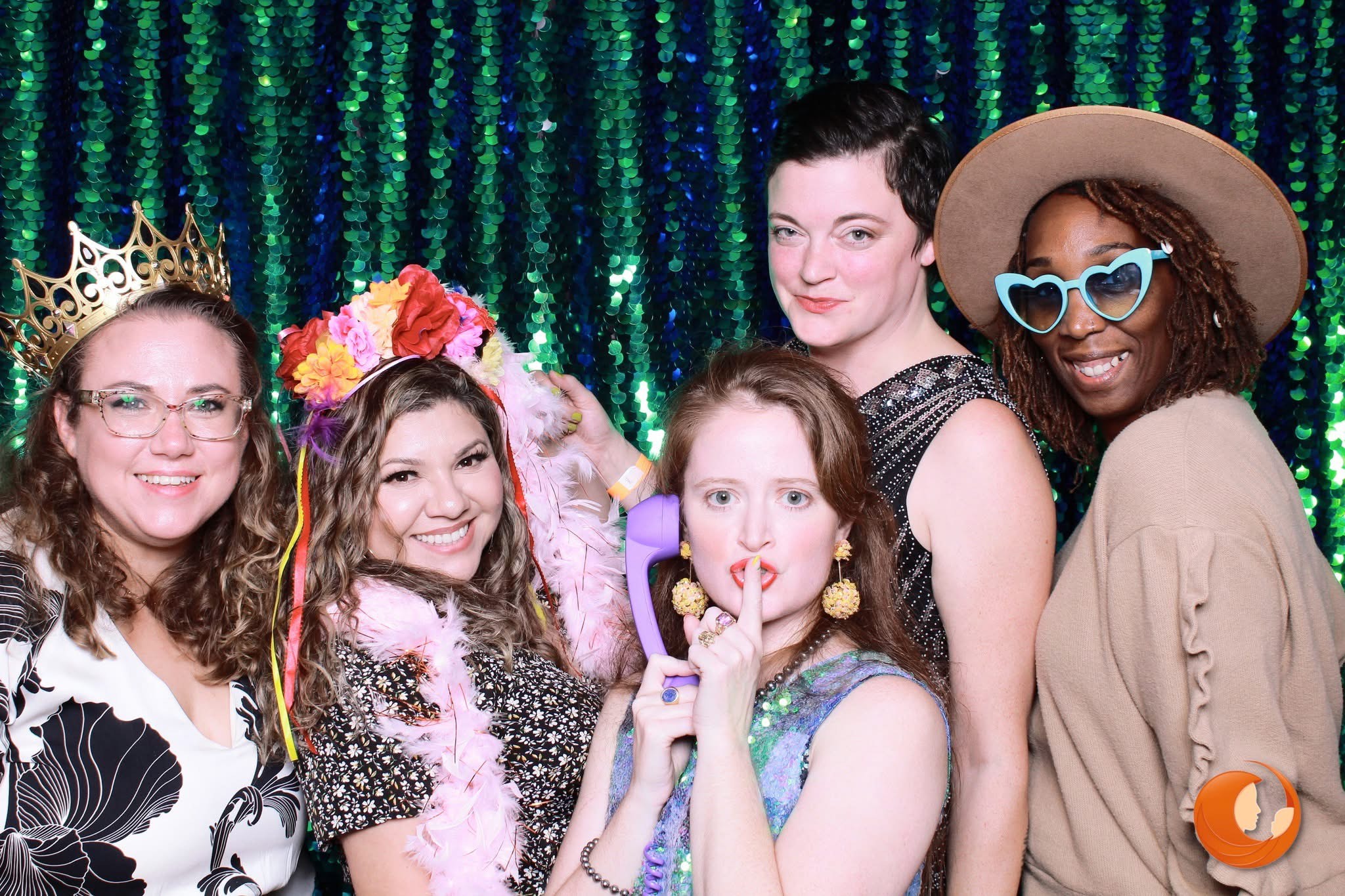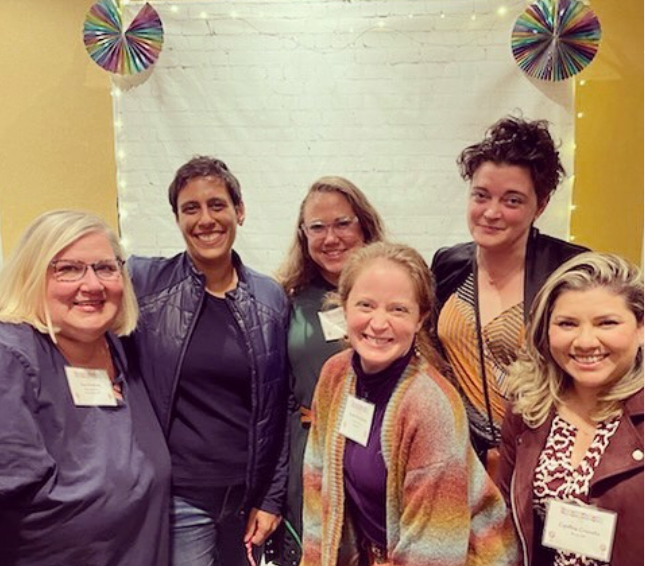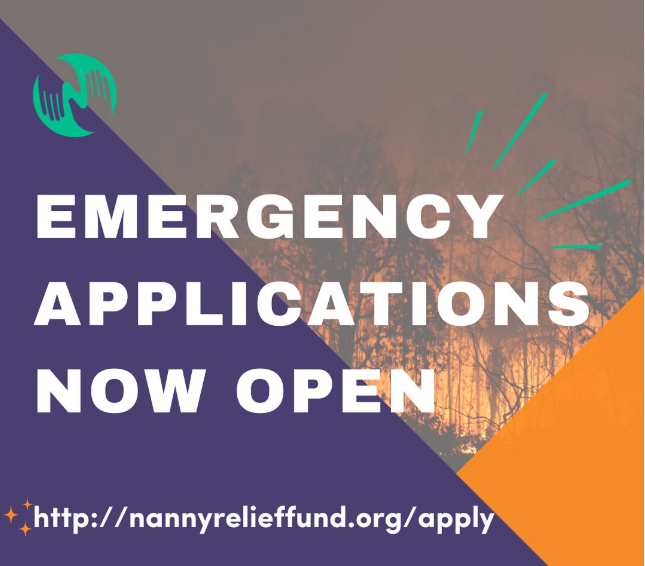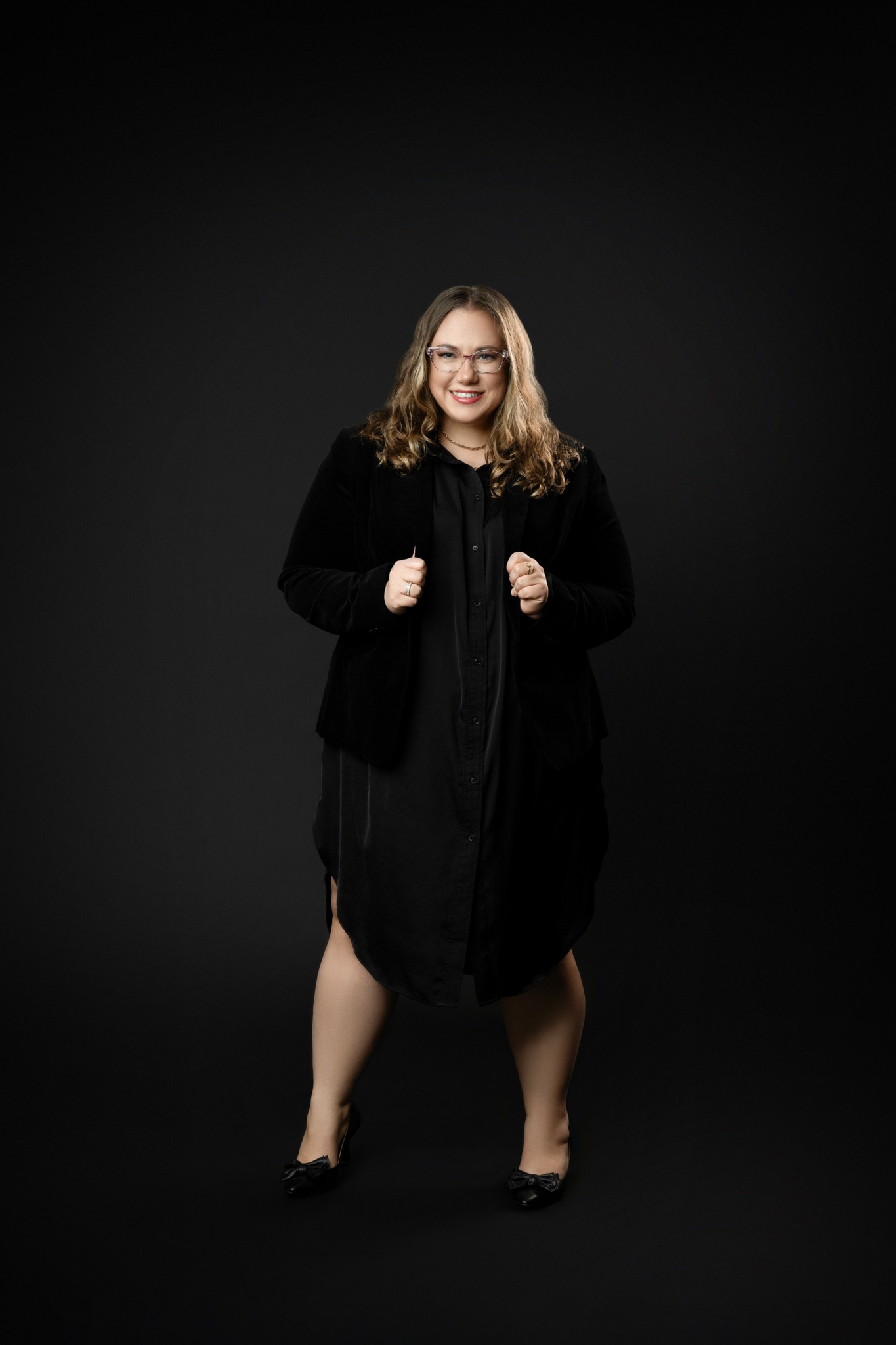Alright – so today we’ve got the honor of introducing you to Rachael Lubin. We think you’ll enjoy our conversation, we’ve shared it below.
Rachael, appreciate you joining us today. What was it like going from idea to execution? Can you share some of the backstory and some of the major steps or milestones?
March 2020, you remember it, right? It was a crazy time of fear and uncertainty as the world was thrown into the largest Pandemic in over 100 years. Millions of Americans were sent home to quarantine, and many companies instituted indefinite work-from-home policies. Daycares and schools were closed for months, and while some families saw this as an opportunity to hire a highly educated nanny to perform home-schooling duties, most people immediately tightened their purse-strings and sent their existing nannies home – for good.
As nannies were laid off by the thousands, I saw an industry of hurting humans. Almost exclusively women, many of color, often immigrants, some undocumented, most living paycheck-to-paycheck – the over 1 million nannies in the US went from being largely ignored by society to being called “essential workers”. The ones that still had a job, like myself, considered ourselves extremely lucky. In that mix of anguish and thankfulness, I started asking other nannies if we could create a small-scale mutual aid plan for the newly unemployed nannies who had bills to pay. By the end of March, I had compiled a list of over 100 generous nannies, and many more needy ones. Then I got a phone call.
An industry colleague, Austin Macfarlane, CEO of Triangle Nannies in North Carolina, called to tell me that this idea needed to grow roots to ensure that nannies everywhere had a safety net. Something not even the federal government gives domestic workers – as we have been systematically left out of worker protection laws like Title VII of the Civil Rights Act (the law banning workplace discrimination and sexual harassment), workers compensation, and overtime protections. With domestic workers making, on average, less than half of the average American worker – creating an emergency relief fund for the nanny industry was long overdue.
By April, Austin and I had brought on 3 other powerhouse women in the industry, and had a small team of pro-bono attorneys and business consultants on board to turn a pen-and-paper idea into a full-fledged 501(c)(3) non-profit. Nanny Relief Fund launched mid-April to an opening weekend fundraising total of over $60,000, with larger donations from nanny payroll companies, and smaller donations from nanny placement agencies, and nannies themselves. By June 2020, we were processing our first grant applications from nannies who had been laid off, and continued to be unable to find work as the Pandemic raged on.

Rachael, before we move on to more of these sorts of questions, can you take some time to bring our readers up to speed on you and what you do?
I come from a family of volunteers – both of my parents were Air Force officers, who after retiring relatively young, found themselves consistently working with organizations near to their hearts, or to their children’s lives. My father was a revered school PTA organizer and Boy Scout leader, and my mother is on a constant baby-holding rotation at her palace of worship and has held the highest office of the Texas Silver-Haired Legislature. I come by my need to be involved in philanthropy, honestly.
After graduating from college with a Bachelor’s degree in Geography, I spent a year working with Big Brothers Big Sisters of Texas as a recruitment specialist, finding adults who wanted to be volunteer “Bigs” to children who needed in-person role models. I then spent a year-and-a-half teaching English in China, hoping to make a difference and have a big quarter-life adventure. I returned to the US in 2012 to attend the English Nanny and Governess School (now closed) to study professional childcare practices, and to get the best start for my nannying career. I joined the Board of Directors of the International Nanny Association in 2017, where I served the largest nanny membership organization in the world for 4 years, doing things like planning the annual conference, and speaking at nanny events. In 2022, two other nannies and I took our existing neighborhood playgroup, and turned it into HTX Nannies – Houston’s leading nanny support group, which is now a recognized non-profit by the State of Texas that hosts an annual nanny training event, in addition to monthly events and social meet-ups for nannies to commune, get support, ask questions, and feel seen.
I am currently enjoying studying nanny wages around the United States and have presented on Nanny Wages and Nanny Industry Standard Benefits at both the Nannypalooza conference and the International Nanny Association conference. This year, with the support of HTX Nannies, I also conducted Houston’s largest nanny wage study, where I collected and analyzed data from nannies across Harris County.
My efforts with Nanny Relief Fund continues to be my legacy work – which says something when my “day job” is to raise the next generation of tiny, wonderful people.

How’d you build such a strong reputation within your market?
The founding directors of Nanny Relief Fund were a team of women with existing industry respect. Three were owners of nanny agencies: Austin Macfarlane, of Triangle Nannies, Shenandoah Davis, of Adventure Nannies, and Laura Chandra, of Boston Nanny Centre. Two were full-time career nannies: myself, and Sue Downey, who also is the founder of Nannypalooza, an organization which hosts an annual nanny conference that draws attendees from around the world. Between the five of us, we had warm connections and friendships with most of the professional in-home childcare industry. This helped immensely as we opened our fund in the initial weeks of the pandemic lockdowns, when all facets of our industry were losing opportunities, clients, and money like never before. Businesses and working nannies alike knew that we would safeguard and utilize their hard-earned donation dollars with the tenderness that we nannies give the children we care for everyday.
The past five years has seen some volunteer board members move on to other pursuits, and others rotate onto the NRF Board to serve out its important mission. We are a working board – every board member gives their time (and often donations) to make this nonprofit work. We procure pro-bono professionals when needed, and outsource only what needs to be. We’ve been able to give away between 90-95% consistently of all funds donated back to nannies experiencing hardship by keeping our operating costs at a minimum. We are the helpers who help the helpers. This is a labor of love and necessity for us.

What’s a lesson you had to unlearn and what’s the backstory?
Graduating as a Certified Professional Governess from the only nanny school in the United States – one that modeled its curriculum from Norland (the famed British university that the royal family hires from), I entered the nanny market believing I was the cream of the crop. I had read all the books, aced my classes, and had teaching experience! What I quickly found out though, was that nannying isn’t just a career of hard skills – it requires a high-level of interpersonal communication, boundary-setting and implementing, and general finesse that I had not ever needed to learn.
Nannies need a near expert level of negotiation prowess in order to build and enforce their own working agreements and contracts. They must be able to anticipate the needs of each family member, they often need to be able to assess the safety situation of a new environment quickly and accurately, and the best nannies learn the dance of when to appear and disappear based on the immediate needs of the home.
Building a network of industry peers takes years, but is one of the best ways to demonstrate the worth of top nannies’ high salary requirements. Having a proverbial switchboard of nanny connections to leverage when a family has a unique question, is one of the ways I have learned to grow my own personal knowledge, and provide a bespoke high-end service to the executives I work with.
One of my earliest memories with a mentor was when she told me that “all nannies have valuable insight worth listening to”. This belief that I would learn something from everyone I interacted with, made me slow down and listen for the distinctive insights, experiences and stories of each nanny.
Contact Info:
- Website: https://www.nannyrelieffund.org/
- Instagram: https://www.instagram.com/nannyrelieffund/ ; https://www.instagram.com/callthegoverness/
- Facebook: https://www.facebook.com/nannyrelieffund/

Image Credits
Rachael’s headshot was beautifully captured by Abba Color Photography in Houston, Texas.


